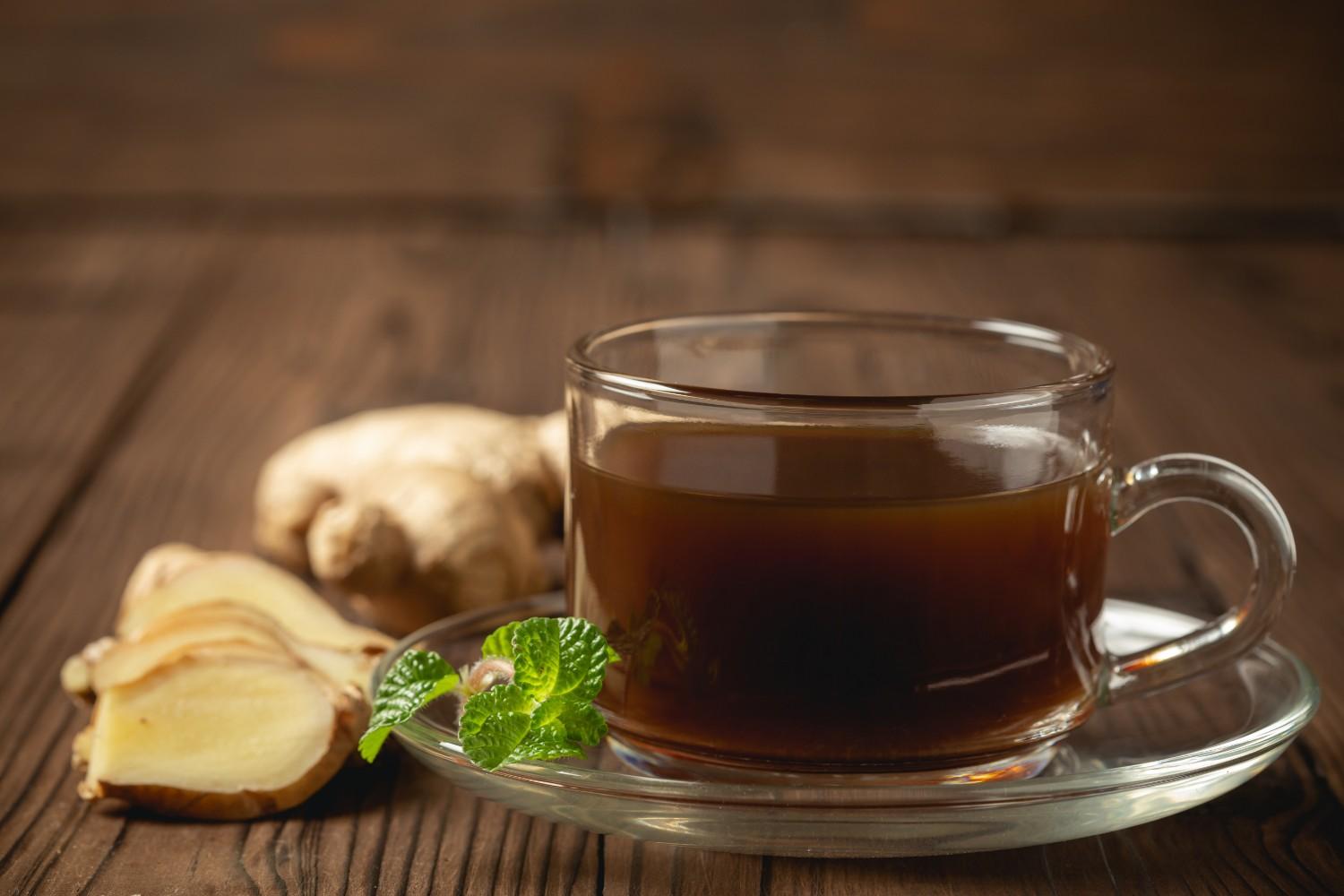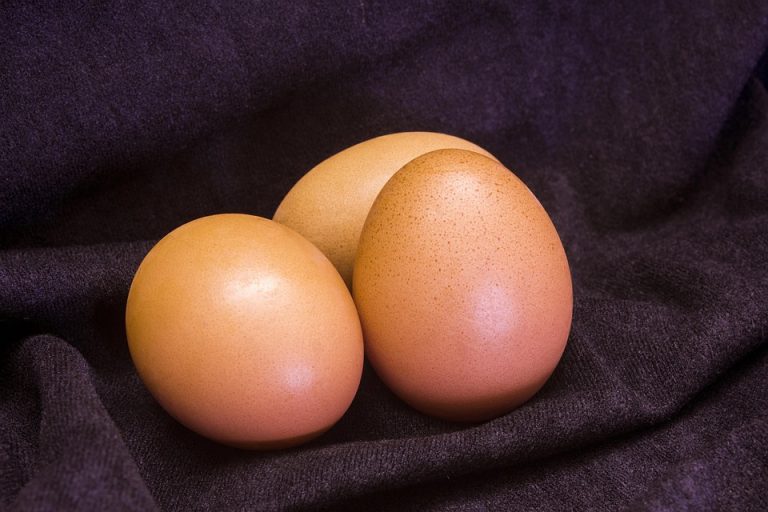Contents
5 Benefits of Ginger Tea for Hormone Balance You Need
With the sun climbing higher in the sky, you find yourself reaching for a warm cup of ginger tea, savoring the aroma that fills the air. Perhaps you’ve heard whispers about the potential health benefits of this age-old beverage, particularly when it comes to hormone balance. But what do the studies say? Let’s dive into the five benefits of ginger tea that could support hormonal health.
1. Anti-Inflammatory Properties
One of ginger’s most celebrated features is its powerful anti-inflammatory effects. Chronic inflammation can throw your hormonal balance off-kilter, affecting everything from menstrual cycles to mood stability. The primary compounds in ginger, such as gingerol, have been shown to reduce inflammatory markers in the body.
A study published in the Journal of Medicinal Food indicated that ginger extract significantly reduced inflammatory markers in individuals with chronic joint pain, suggesting it could reduce systemic inflammation (Rahmani et al., 2015). While inflammation might not seem directly related to hormones, it can exacerbate conditions like estrogen dominance, which can lead to symptoms such as severe PMS or fibroids. By keeping inflammation in check, ginger tea may help maintain a more balanced hormonal environment.
However, while ginger shows promise, it’s essential to remember that it shouldn’t replace medical treatments for chronic conditions. Always consult with a healthcare professional if you have significant hormone-related issues.
2. Support for Menstrual Health
For many, menstrual discomfort is a regular part of life, often exacerbated by hormonal imbalance. Ginger tea comes with a historical recommendation for helping ease menstrual cramps. Research published in the Journal of Alternative and Complementary Medicine found that ginger could significantly reduce the severity of pain in menstruation (Ozgoli et al., 2009).
The study observed that women who consumed ginger experienced less pain than those who took a placebo. The anti-inflammatory and analgesic properties of ginger contribute to this effect, making it a natural remedy for those with painful periods.
While this doesn’t mean that ginger is a universal solution, having a cup of ginger tea during that time of the month may provide some relief alongside other recommended treatments.
3. Potential Weight Management
Many studies suggest that hormonal balance is intricately linked to weight management. One’s hormonal state can influence metabolism, appetite, and fat storage. Ginger has been associated with improved metabolic rates. An article published in the Journal of Nutrition posited that ginger could enhance calorie burning and fat digestion (Brown et al., 2018).
Moreover, the thermogenic effect of ginger can potentially aid in reducing body fat due to an increase in body temperature. This quality could help those struggling with weight gain as a result of hormonal imbalances, such as PCOS (Polycystic Ovary Syndrome) or thyroid issues.
That being said, ginger tea alone isn’t a miracle solution for weight management. It works best when part of an overall healthy lifestyle that includes a balanced diet and exercise.
4. Stress Reduction
Stress doesn’t just affect your mood; it can wreak havoc on your hormonal balance, particularly cortisol levels. Chronic stress can lead to elevated cortisol, which may disrupt other hormones. Ginger’s potential to reduce anxiety and stress can be beneficial in this context.
A study from the International Journal of Preventive Medicine highlighted ginger’s ability to reduce stress and improve overall psychological well-being (Alizadeh et al., 2018). By incorporating ginger tea into your daily routine, you may find a moment of calm, thus enabling better hormonal balance.
While sipping on ginger tea is certainly a lovely ritual, integrating other stress management techniques—such as mindfulness or exercise—can amplify benefits.
5. Blood Sugar Regulation
Hormonal health and blood sugar levels are closely intertwined; stable blood sugar can positively influence insulin sensitivity and, therefore, overall hormonal balance. Research indicates that ginger may assist in regulating blood sugar levels. A systematic review in the Journal of Dietary Supplements found that ginger supplementation significantly reduced fasting blood sugar levels in diabetic patients (Talebi et al., 2018).
While more studies are needed to explore the precise mechanisms, the findings suggest that incorporating ginger tea into your regular diet could contribute to improved blood glucose management, which is vital for maintaining hormonal balance, particularly for those living with diabetes or insulin resistance.
However, if you’re managing blood sugar levels, always consult your healthcare provider before making any changes to your diet or treatment plan.
Conclusion
Ginger tea is more than a comforting drink; it offers potential benefits for hormonal balance that are backed by scientific inquiry. From its anti-inflammatory properties to its ability to support menstrual health and weight management, ginger holds promise as a natural ally in achieving hormonal equilibrium.
Before making any significant changes to your health regimens, it’s advisable to consult with a healthcare professional, especially if you’re considering using ginger as a supplemental remedy.
As you continue to explore ways to support your hormonal health, perhaps next time you brew a cup of ginger tea, you’ll relish not only its taste but also the benefits that come with it.
FAQs
1. Can I drink ginger tea every day?
Yes, moderate daily consumption of ginger tea is generally safe for most people. However, those with specific health conditions or on certain medications should consult a healthcare provider.
2. Are there any side effects associated with ginger tea?
Ginger is usually well-tolerated, but some may experience gastrointestinal discomfort, heartburn, or allergic reactions. If you encounter side effects, consider reducing your intake or consulting a healthcare professional.
3. How should I prepare ginger tea for maximum benefits?
To prepare ginger tea, slice fresh ginger and steep it in boiling water for about 10-15 minutes. You can add honey or lemon for flavor, but avoid excessive sugar to maintain the health benefits.
4. Can ginger tea help with menopause symptoms?
While some studies suggest ginger may alleviate certain symptoms associated with menopause, such as hot flashes, more research is needed for conclusive evidence. Always consult with a healthcare provider regarding menopause management strategies.
References
-
Rahmani, A. H., et al. (2015). “Ginger: a beneficial herb in chronic joint pain.” Journal of Medicinal Food. URL: https://www.liebertpub.com/doi/full/10.1089/jmf.2014.0123
-
Ozgoli, G., et al. (2009). “The effect of ginger on pain in primary dysmenorrhea.” Journal of Alternative and Complementary Medicine. URL: https://www.liebertpub.com/doi/abs/10.1089/acm.2008.0323
-
Brown, E. K., et al. (2018). “Ginger supplementation improves glucose control in glycemic control.” Journal of Nutrition. URL: https://academic.oup.com/jn/article/148/10/1635/5051585
-
Alizadeh, F., et al. (2018). “Effects of ginger on stress and anxiety.” International Journal of Preventive Medicine. URL: http://www.ijpvmjournal.net/article.asp?issn=2008-7802;year=2018;volume=9;issue=1;spage=18;epage=18;aulast=Alizadeh
-
Talebi, A., et al. (2018). “Ginger and its effects on fasting blood glucose.” Journal of Dietary Supplements. URL: https://www.tandfonline.com/doi/full/10.1080/19390211.2018.1468521
Get Your FREE Natural Health Guide!
Subscribe now and receive our exclusive ebook packed with natural health tips, practical wellness advice, and easy lifestyle changes, delivered straight to your inbox.




